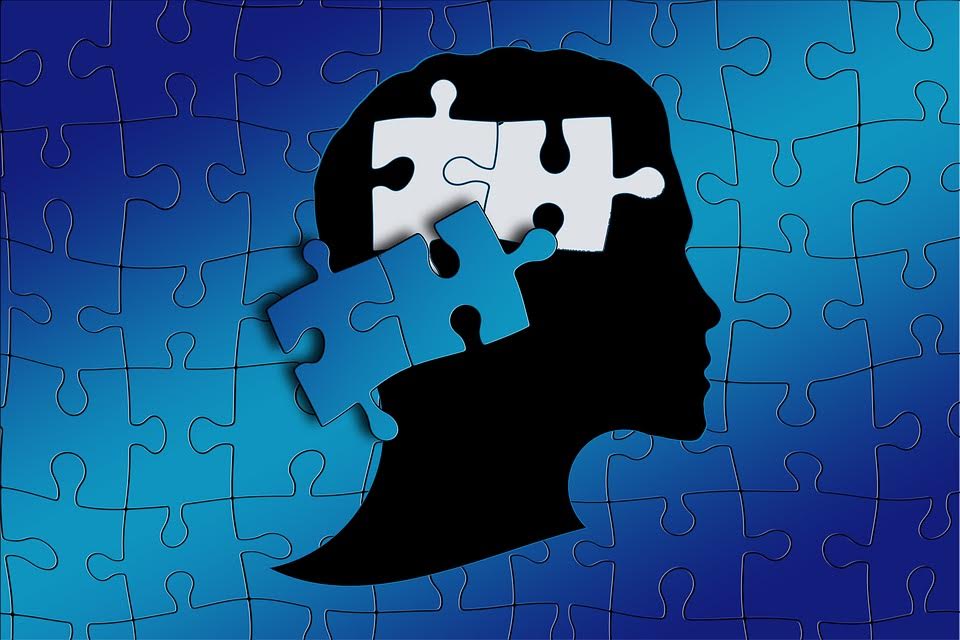In spite of wearing glasses or contact lenses, some people still suffer from double vision, eyestrain, and fatigue when reading, and experience poor comprehension when reading, or words jumping around the page. These conditions may prevent the person from seeing 3D, as well as negatively impact their school or work performance.
If a child or an adult is struggling at school or work, experiencing issues such as depression, anxiety, dyslexia, and/or ADHD – he or she may have functional vision problems that affect emotional, social, and academic behavioral development.

The good news is, there are treatments available when glasses are not helping or when someone has ‘perfect 20/20 vision’ but is still having trouble focusing.
Those with concerns and symptoms described above can, upon the doctor’s evaluation of eye position, eye teaming, and focusing, be considered for vision therapy, which teaches these skills and improves overall visual performance.
Vision therapy is basically a physical therapy for the visual system (which includes eyes and parts of brain that control vision), and helps with giving meaning to what a person sees and hears, improving focus, reading and writing skills, sustaining attention, and handling daily tasks with less strain. It can help reduce eyestrain and other symptoms of computer vision syndrome experienced by many children and adults.
Statistics from clinical results have shown significant improvement in vision symptoms for children and adults who have undergone vision therapy. It can make a remarkable difference in their ability to function at home, school, work or sports, and bring more ease into their life.
If vision problems cannot be treated successfully with eyeglasses, contact lenses and/or surgery, and even when the basic eye exam suggests that no glasses are needed but there’s a challenge with visual performance, vision therapy can help.
While vision therapy is used predominantly to treat children and adolescents, it can be used for people who experience these problems at any age.
Vision therapy is customized to include the use of lenses, prisms, devices that help create 3D vision, filters and computer-assisted visual activities, as well as balance boards, metronomes and non-computerized visual instruments.
Vision therapy is individualized to fit the visual needs of each person, and can also include vision enhancement for athletes and others wanting to improve their reaction time and eye movement skills, and neuro-optometric rehabilitation for those recovering from strokes or traumatic brain injury.
At Vision Development Center of Lancaster, we are dedicated to helping both children and adults, through our therapy program with treatments and exercises, designed to address very specific sets of vision disorders displayed by an individual patient. The program is Non-Invasive, Drug-Free and based on the world-renowned Doctor Arthur Seiderman’s techniques.
If you or anyone else you know is suffering from a visual dysfunction or are looking for natural ADD treatments and ADHD therapy, we encourage you to take steps to better health and quality of life today.
If you’d like to know if you would benefit from the vision development and vision therapy in Lancaster PA, we invite you to call our office at (717) 656-0534 today to make an appointment, or start by taking our free vision quiz.
